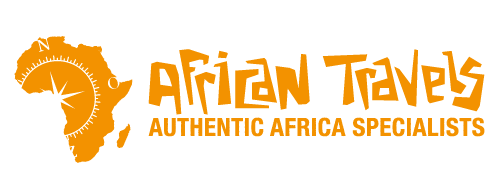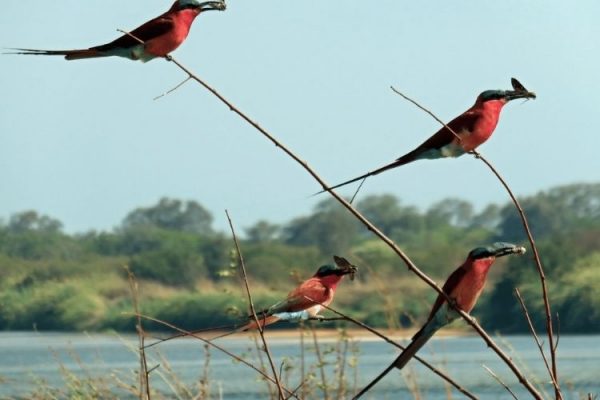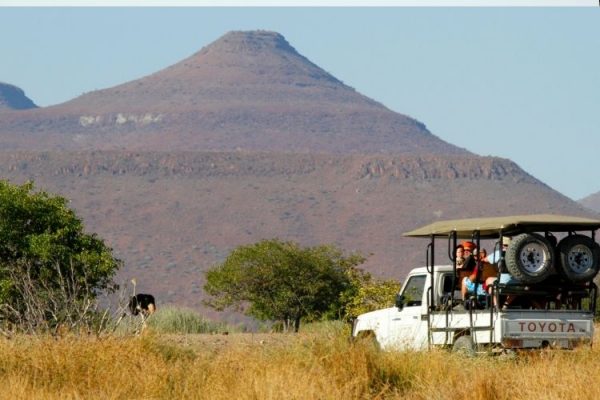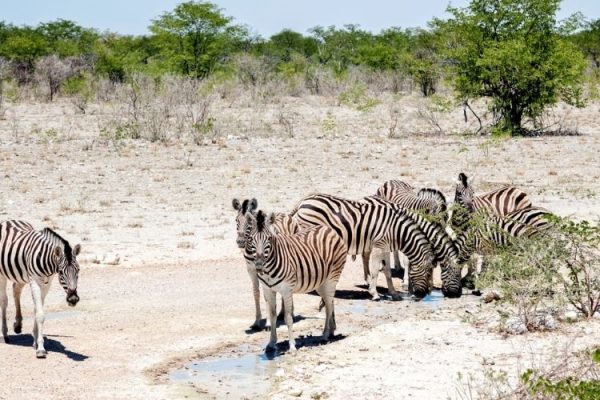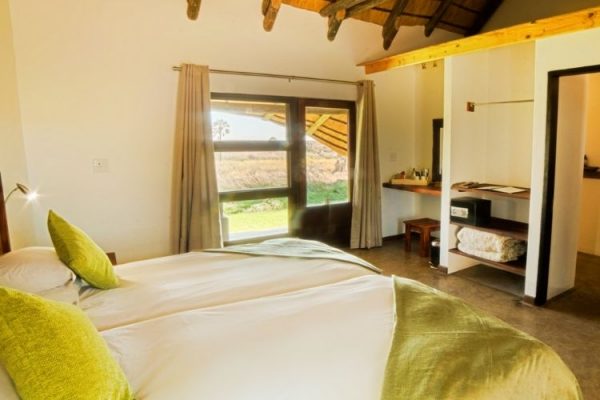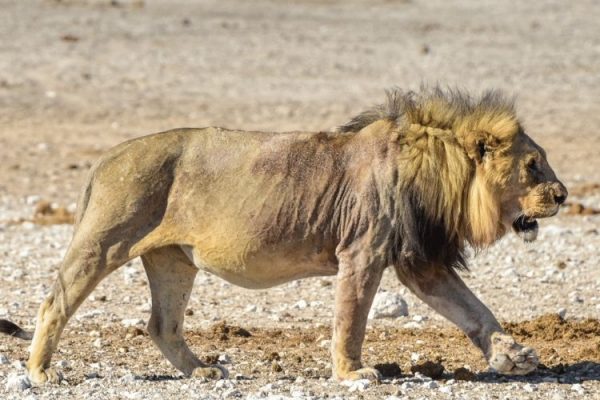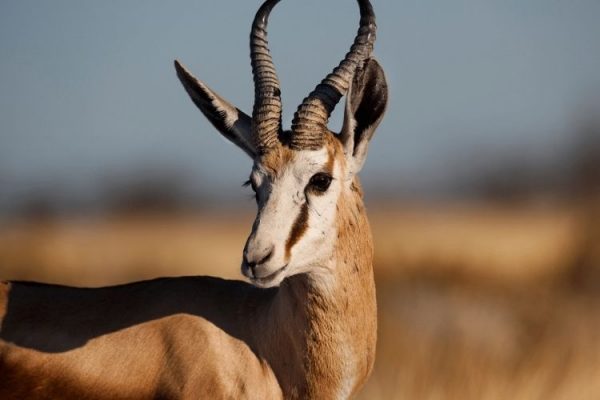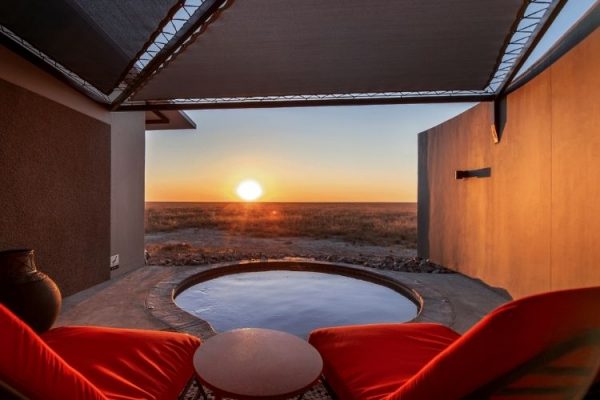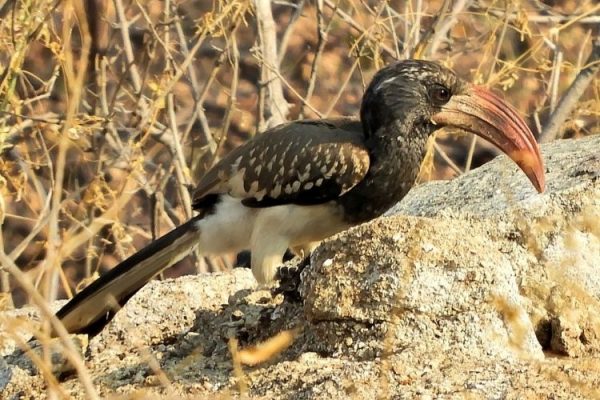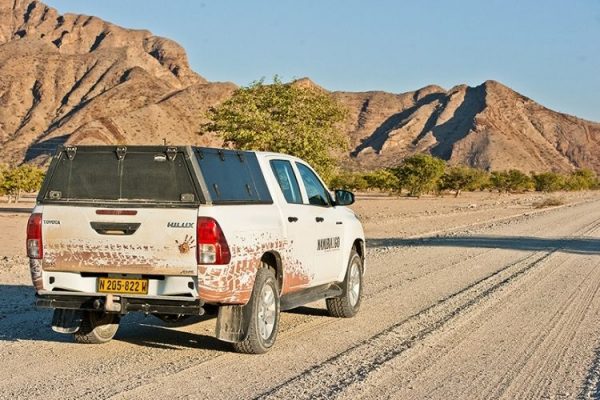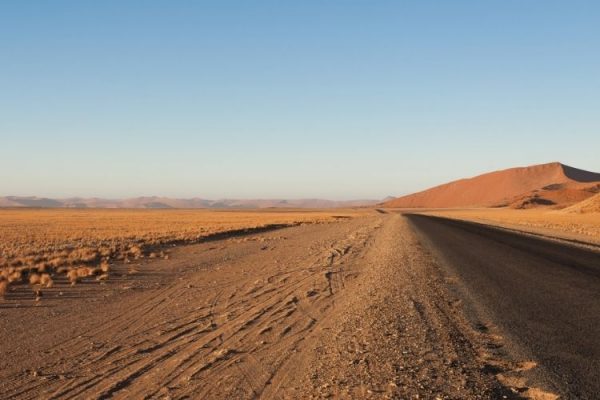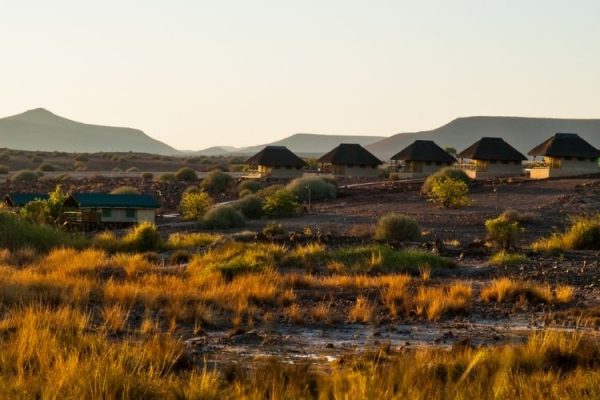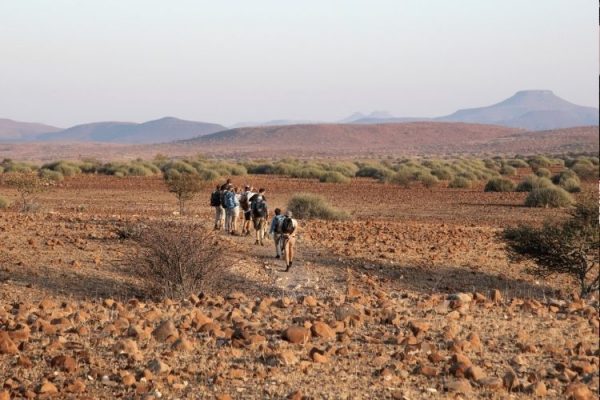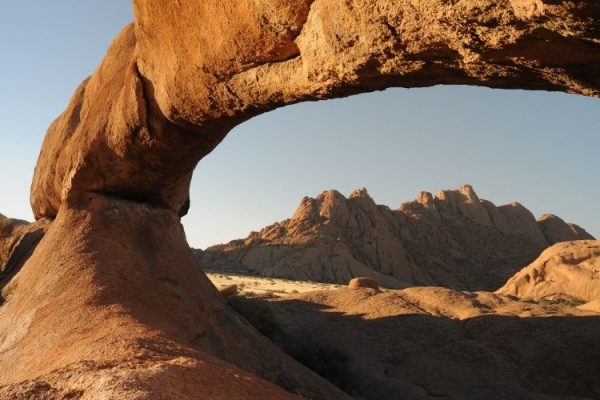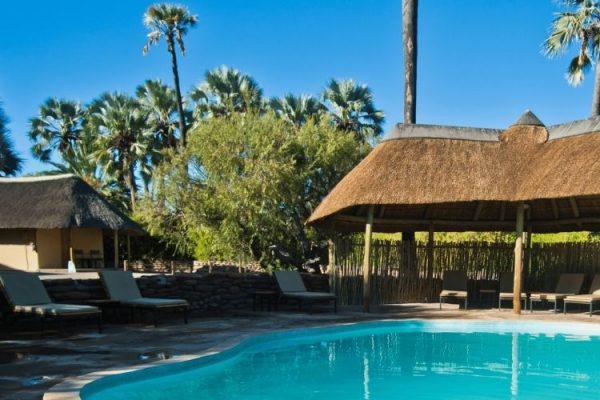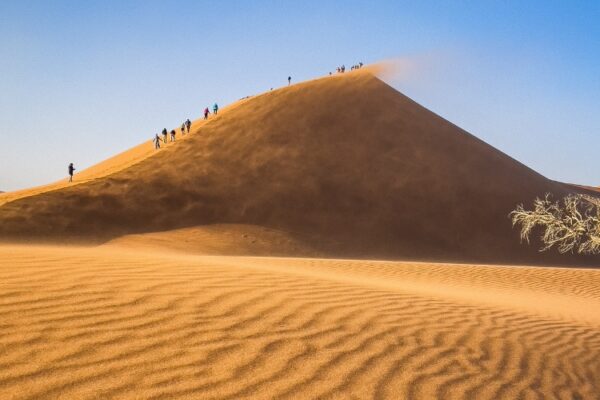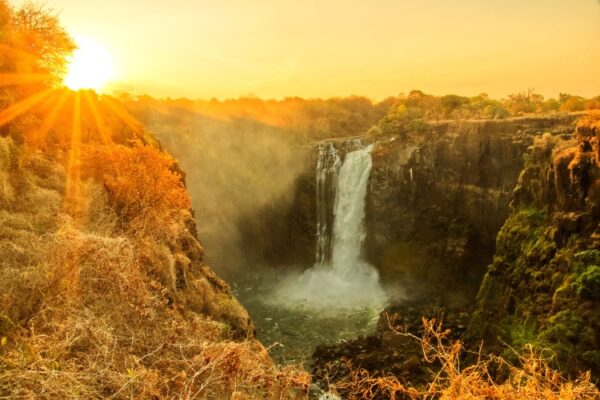Starting this self drive in Windhoek, enjoy a full-bodied Namibian adventure on this nine-day trip into the heart of the country. This carefully planned safari incorporates a feast of wildlife viewing in Etosha National Park with a friendly taste of Damaraland where you have the opportunity to view the ancient Twyfelfontein rock engravings and to track desert-adapted rhino. The trip ends in Swakopmund where you can partake in activities like dolphin cruises and living desert tours, or explore the town with its many restaurants and curio shops at your leisure.
Beginning in Windhoek, the route leads directly to Etosha National Park for a wildlife feast, first staying at the stylish Etosha King Nehale Lodge on the Andoni Plains north of the park and then at Etosha Safari Lodge near the central gate. Spend time exploring Etosha, visiting the waterholes, which attract a variety of animals large and small, and returning to the lodge for siestas, to refresh in the pool and to raise glasses as the sun sets at the end of the day.
The journey continues westwards to Palmwag Lodge, built in a stand of makalani palm trees and overlooking the dramatic scenery of flat-topped mountains and vistas of red basalt rock dotted with green euphorbias. Wake early to track desert-adapted rhino, explore the concession area, take a guided walk or join a sunset drive to soak up the striking landscape. Visit the ancient Twyfelfontein rock engravings and the Petrified Forest en route to Khorixas and Damara Mopane Lodge, your refreshing destination for the night. Built in a semi-circular labyrinth design amid the mopane trees, Damara Mopane is an oasis of a lodge with the chalet gardens sporting a selection of vegetables and herbs. Stroll up to the sunset deck in the evening to watch the sun dip into the mopane woodland.
The route southwards crosses the ephemeral Ugab River and takes you past the colourful roadside stalls of the Herero women selling their well-made Herero dolls. It continues past Brandberg Mountain to the small town of Uis before heading in a south-westerly direction to Henties Bay and the coast. It’s a short drive from there to Swakopmund and The Delight Hotel, your home for the last two nights of the journey. Savour oysters and champagne at The Delight’s delicious breakfast spread before joining desert activities or exploring the town. Watch the sun sink into the sea from the jetty and dine at Swakopmund’s fine restaurants. The drive back to the capital city is a few hours’ long, giving you enough time to happily reminisce about your exciting experiences and the adventures of the last nine days.
